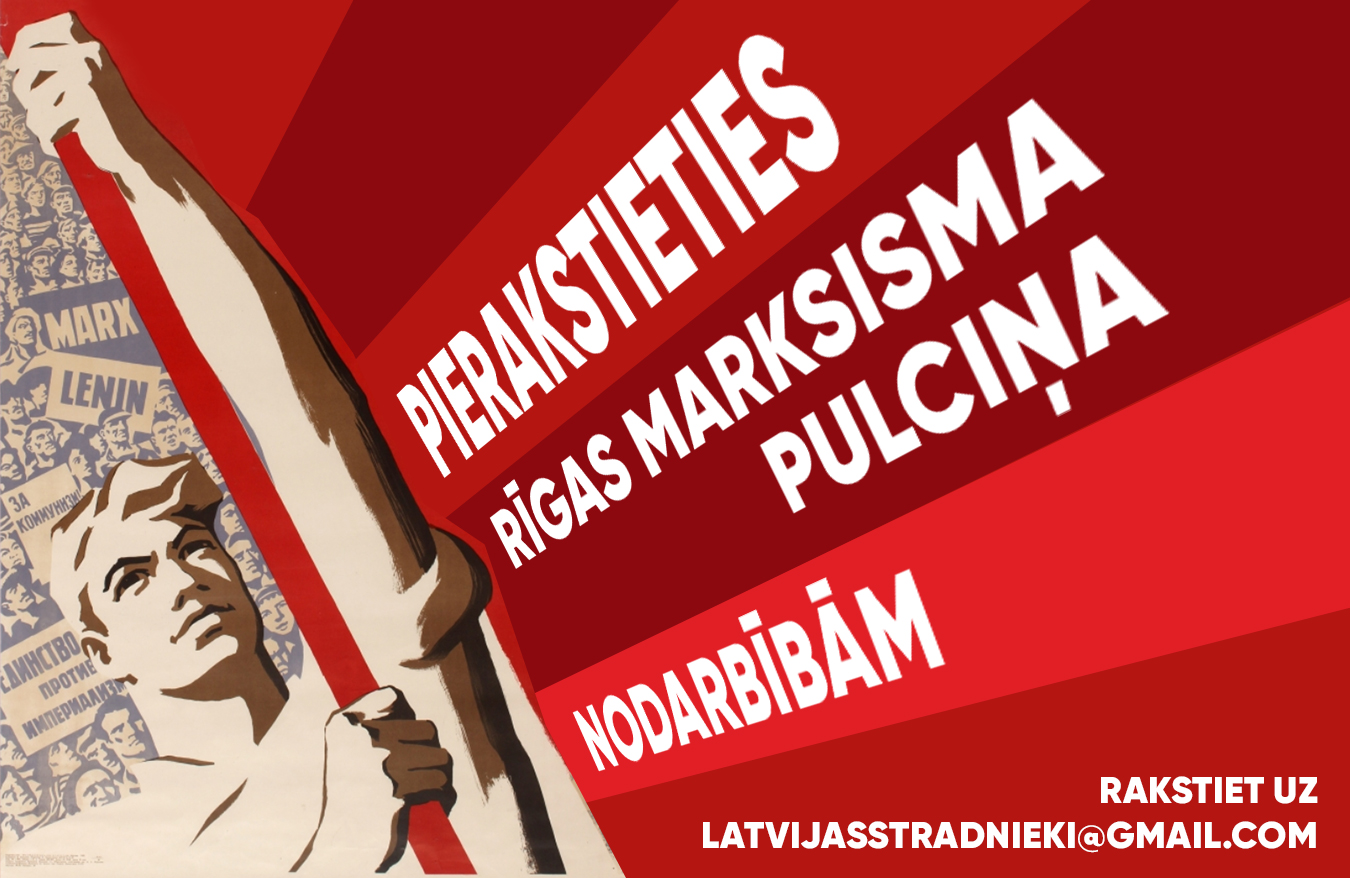Good news for the workers (and bad news for the bourgeoisie) came from Izhevsk. The workers of one of the small industrial enterprises have achieved from the authorities the full fulfillment of their demands: reducing the length of the working day and raising wages.
Why is such news significant not only for the workers from Izhevsk themselves, but also for the entire working people throughout the post-Soviet space?
After the disorganization of the USSR, the situation of the working people has deteriorated year after year. This is reflected both in a constant increase in the retirement age and a cut in sick leave payments, and in a multiple increase in prices for the most necessary goods and services with a meager increase in salaries. It would seem that our workers have lost the habit of fighting, resisting the dictatorship of the bourgeoisie, in contrast to the working people of those capitalist countries that have not had the experience of building a communist society. But the living conditions under capitalism themselves push the workers to unite and oppose the ruling class.
How it was?
At one of the enterprises in Izhevsk, the administration introduced a 10-hour working day, explaining this by “production necessity”. When it came time for the paycheck, it was found that it was even less than at 8 hours of work. The workers did not “dilly-dallying” (one of them is a member of the Labor Party of Russia who graduated from the Red University) and the next day put forward his demands:
- Refusal of overtime work.
- Refusal to work on weekends.
- Return of the 8 hour work day.
- A salary increase of 5,000 rubles for all employees of the enterprise. This is more than 20% of the workers’ wages.
After repeated but unsuccessful attempts to “bring to reason” the workers, the administration of the enterprise realized that the workers were unshakable in their demands, and was forced to fully satisfy them.
The salary was raised, the 8-hour working day was returned.
The working people of Latvia can draw for themselves some conclusions from the victory of their comrades from Izhevsk. When workers are united in a close-knit team, this is the key to success in fighting for their objective interests – improving working conditions and increasing wages. I believe that none of the Rimi or Maxima cashiers would have refused to increase their salaries by 20%. Moreover, most large companies have the means to extremely significantly increase workers’ wages.
And if the workers do not demand it, then why raise it? Maybe the average salary of a working person allows you to live comfortably, eat well, dress well, take care of your health? Allows you to raise children, educate them, pay for sports, music, dancing? Or do you think that health and a normal life are the exclusive privilege of representatives of the propertied classes?
The bourgeois-democratic legislation of any country not only does not prohibit, but also directly permits labor disputes with the employer. Moreover, in Latvia a trade union member cannot be dismissed without the consent of the trade union! You should use your rights – this is what the Russian workers have proved.
